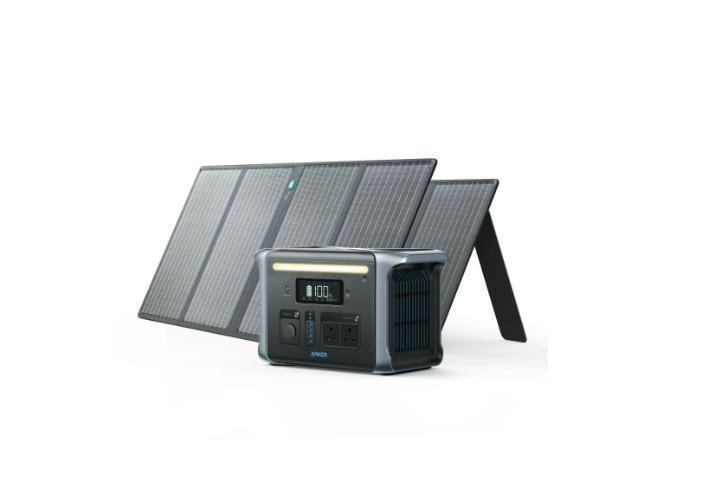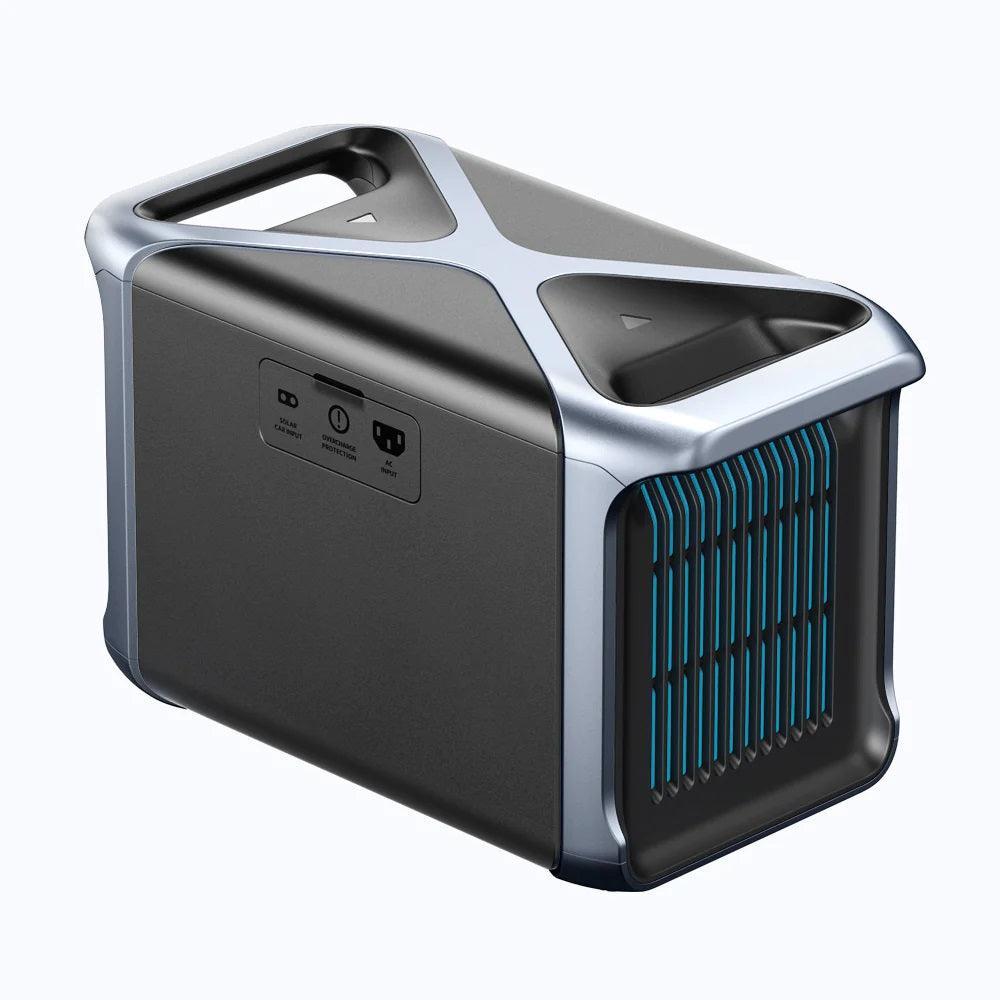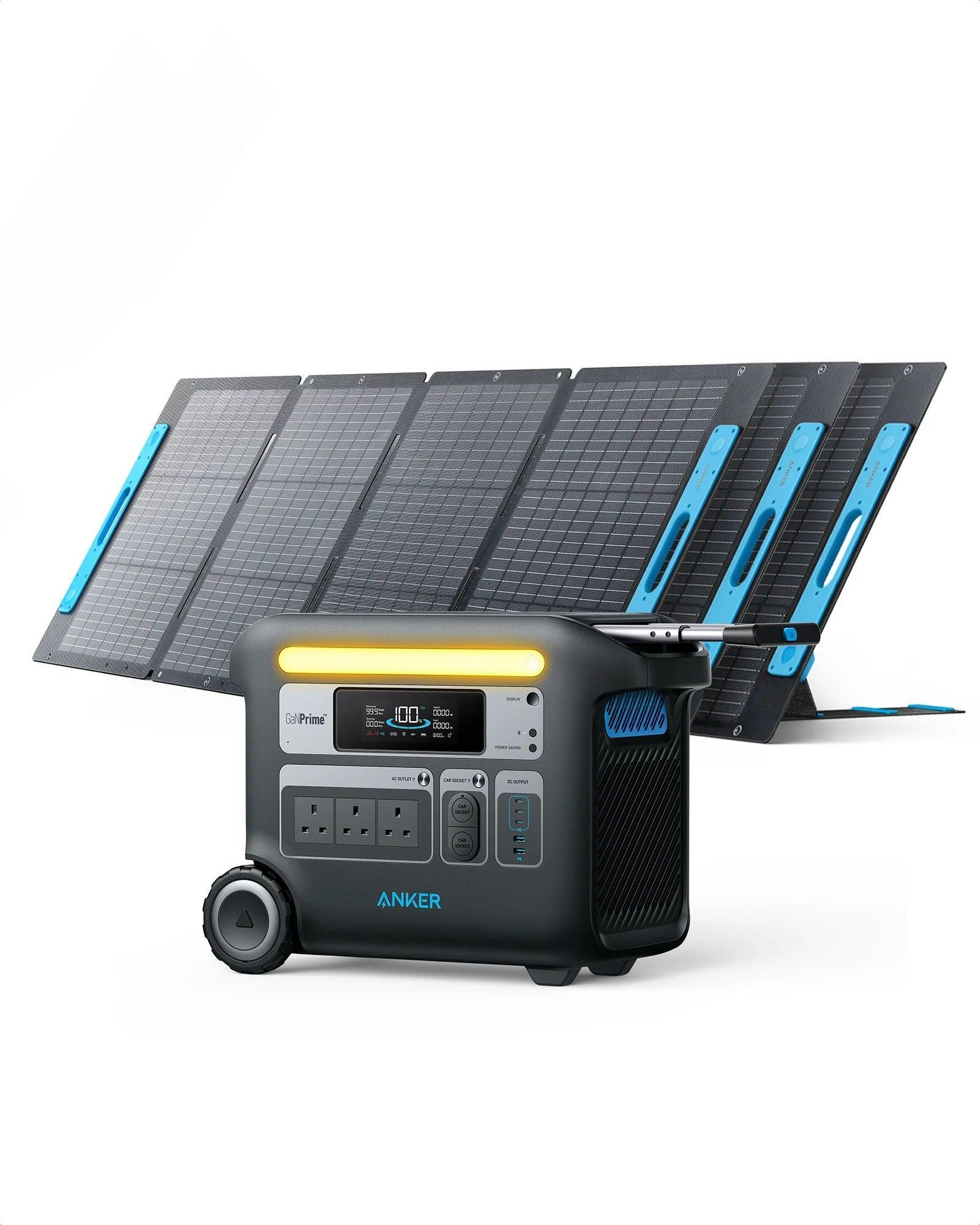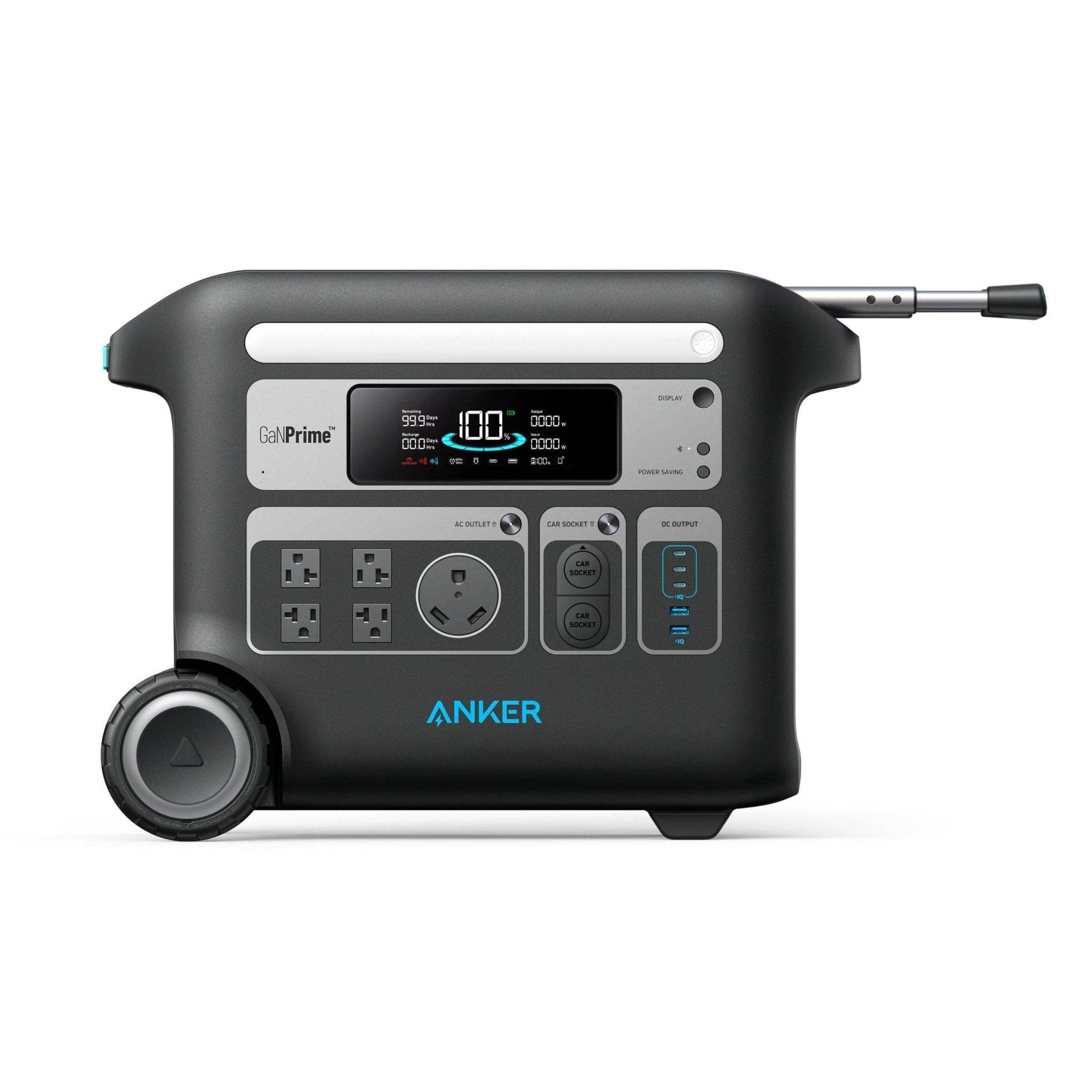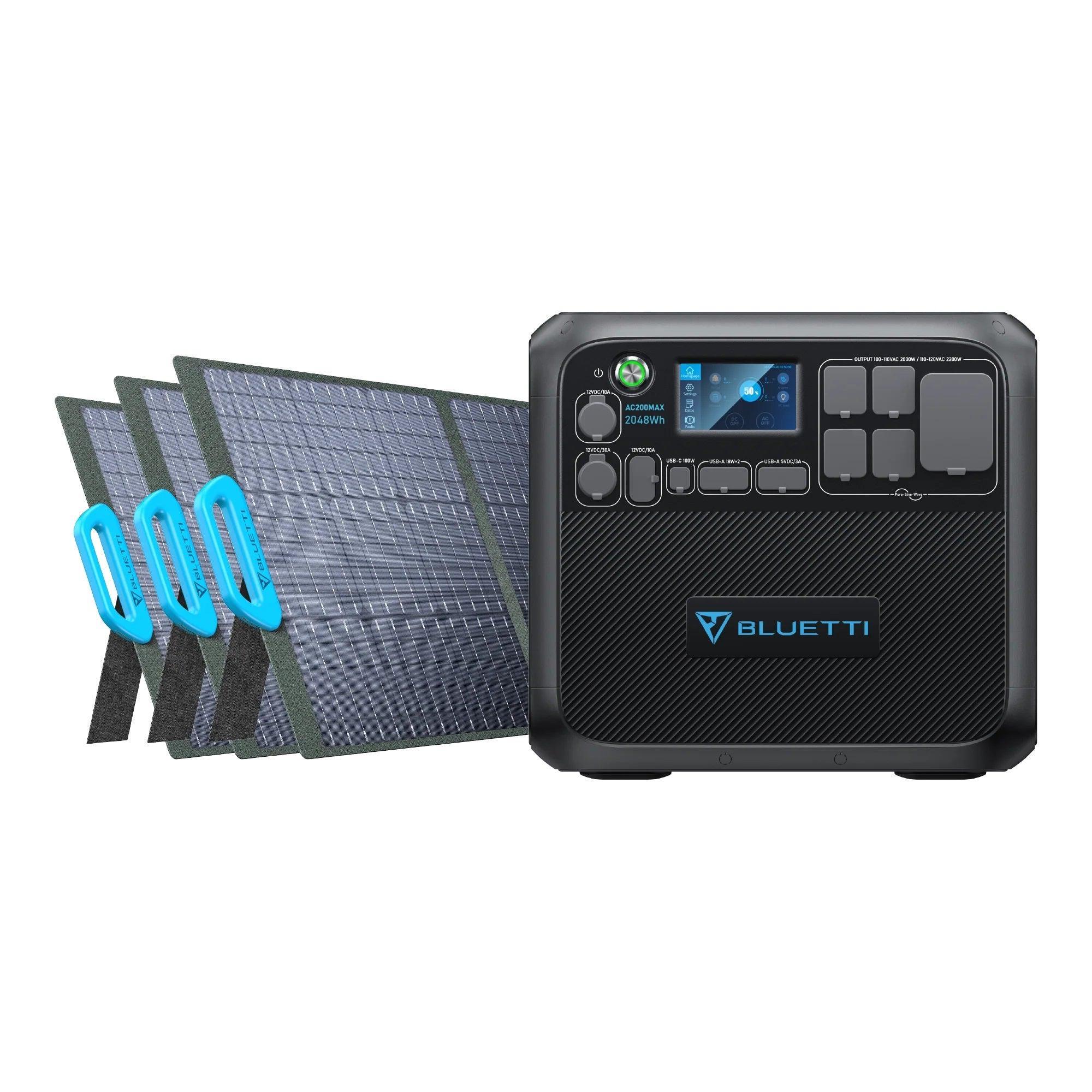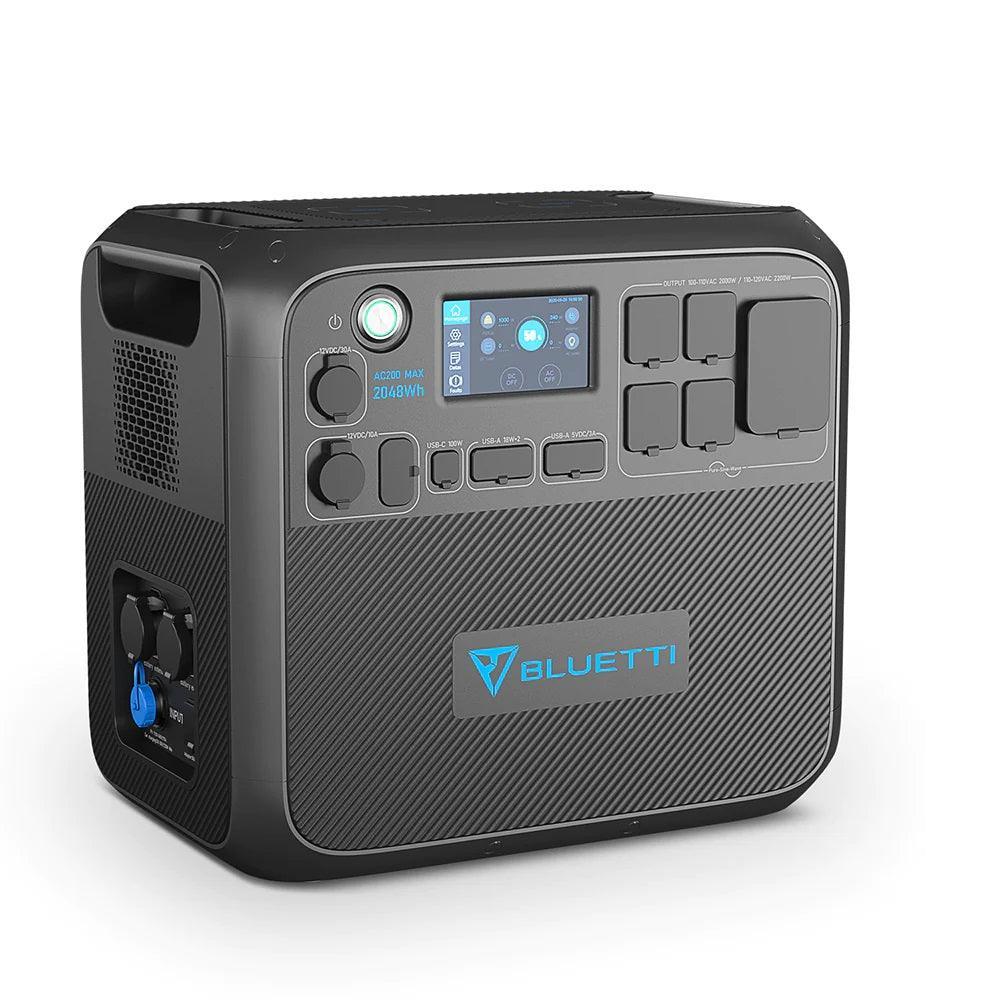Are you looking to harness the power of the sun and gain energy independence? If so, an off-grid solar system might be the perfect solution for you. In this blog post, we will explore the fundamentals of off-grid solar systems, compare them to on-grid systems, and delve into key factors to consider when choosing an off-grid solar system. Additionally, we will review some of the best off grid solar systems available in the market to help you make an informed decision. Whether you're considering transitioning to off-grid living or seeking a sustainable energy solution for unexpected outages, this comprehensive guide will provide valuable insights into off-grid solar systems.

What's an Off-Grid Solar System?
An off-grid solar system, also known as a standalone solar system, is a type of renewable energy system that operates independently of the traditional electrical grid. It is designed to provide electricity to a location or property that is not connected to the main power grid.
Off-grid solar systems typically consist of the following components:
- Solar Panels: They capture sunlight and convert it into electricity in the form of direct current (DC).
- Inverter: It converts the DC electricity into alternating current (AC), which can be used to power standard household appliances and devices.
- Charge Controller: It regulates the charging of the battery bank, ensuring that it doesn't overcharge or discharge excessively.
- Battery Bank: This component stores the excess electricity generated by the solar panels for use during times when sunlight is not available, such as at night or during cloudy days.
Off-Grid vs. On-Grid Solar Systems: What's the Difference?
Now that we have known what an off-grid solar system is, many may wonder what’s the difference between off-grid vs. on-grid solar system. Below are some main differences:
Energy Independence:
- Off-Grid Solar System: An off-grid solar system operates independently of the utility grid. It generates and stores its own electricity using solar panels and batteries, allowing you to be completely self-sufficient and disconnected from the traditional power grid.
- On-Grid Solar System: An on-grid (or grid-tied) solar system is connected to the utility grid. It generates electricity from solar panels and feeds excess energy back into the grid. When the solar panels don't produce enough power, you can draw electricity from the grid.

Reliability:
- Off-Grid Solar System: These systems require battery storage to store excess energy generated during sunny periods for use during cloudy days or at night. Batteries are a crucial component in off-grid systems, providing energy storage and ensuring a continuous power supply.
- On-Grid Solar System: Battery storage is optional for on-grid systems. While some on-grid systems may include batteries for backup power during grid outages, many on-grid systems simply feed excess energy into the grid without storing it for personal use.

Suitability:
- Off-Grid Solar System: Off-grid systems are well-suited for remote areas without access to the grid, where establishing a connection would be costly or impractical. They are also favored by those seeking energy independence or living in areas with unreliable grid power.
- On-Grid Solar System: On-grid systems are ideal for areas with a reliable grid connection. They can help homeowners and businesses save on electricity bills by generating their own power and potentially earning credits for excess energy fed back into the grid.
What to Look for When Choosing an Off-Grid Solar System?
Considering the aforementioned points, the off grid solar power systems offer a multitude of compelling benefits, making it a highly worthwhile investment. Should you be contemplating the acquisition of an off-grid system, there are several crucial factors to take into account:
- Energy Needs and Usage: Begin by evaluating your current and projected energy consumption. Calculate how much energy you require on a daily and seasonal basis to power your appliances, lighting, and other electrical devices. This assessment will guide you in determining the appropriate system size.
- Solar Panel Capacity: The efficiency and capacity of the solar panels are critical. Opt for high-quality panels with a good power output-to-area ratio. Consider factors like available sunlight in your region and panel orientation for optimal energy generation.
- Battery Storage: Selecting the right battery bank is vital for storing excess energy generated during sunny periods for use during cloudy days or at night. Battery capacity, type (e.g., lead-acid, lithium-ion), and lifespan are key considerations.
- Location and Environment: The geographic location, climate, and local regulations play a role in system design. Ensure that your solar panels are positioned for maximum sunlight exposure and that the system adheres to local building codes.
- Budget and ROI: Evaluate the upfront costs of the system, including solar panels, batteries, inverters, and installation. Compare this investment to the potential savings on energy bills over the system's lifespan to determine the return on investment (ROI).
Best off-grid solar system
With the consideration mentioned above in mind, let's now take a look at some of the top-rated off-grid solar system packages with batteries.
1. Anker SOLIX F2000 with Four 200W Solar Panels

The Anker SOLIX F2000 is an off-grid solar solution that combines a 2048Wh high-capacity power storage with four efficient 200W solar panels. With its GaNPrime Power House and InfiniPower™ technology, you can rely on consistent and durable power generation. The intelligent temperature control system ensures safe operation, and the impact-resistant design makes it suitable for various environments. The 10-year lifespan and 5-year full-device warranty reflect its robust build quality and reliability. This package is an ideal choice for those seeking a dependable and long-lasting off-grid power solution.
2. Jackery Explorer 2000 with Four SolarSaga 100W Panels

The Jackery Explorer 2000 is a fantastic option for anyone looking for a powerful yet portable off-grid solar setup. Its substantial 2160Wh battery capacity and 2000W inverter provide ample energy for various devices. The included SolarSaga 100W panels enable rapid and efficient recharging, making it an excellent choice for staying off the grid for extended periods. The safety features and 2-year warranty provide added peace of mind. If you value convenience, versatility, and reliability, the Jackery Explorer 2000 is a standout choice.
3. EcoFlow Delta Pro with 400W Portable Solar Panel

The EcoFlow Delta Pro is the pinnacle of off-grid solar technology, offering an unmatched 25kWh expanded capacity and powerful 3600W inverter. If you're seeking a solution that can handle heavy-duty devices and provide substantial power for your off-grid lifestyle, the EcoFlow Delta Pro is the ultimate answer. Its fast solar charging capability, multiple AC outlets, USB ports, and RV receptacle make it incredibly versatile. The IP68 dust and water resistance ensure the solar panels can withstand challenging conditions.
Conclusion
In conclusion, off-grid solar systems offer a pathway to energy independence and sustainability. By understanding its composition and key considerations, you can make informed decisions when choosing the right system for your needs. Whether you're looking to reduce your carbon footprint, save on electric bills, or ensure uninterrupted power during outages, off-grid solar systems provide reliable and sustainable energy solutions. With advancements in technology and a wide range of top-rated options available, transitioning to off-grid living has never been more accessible. Embrace the power of off-grid solar systems and take control of your energy future today.

